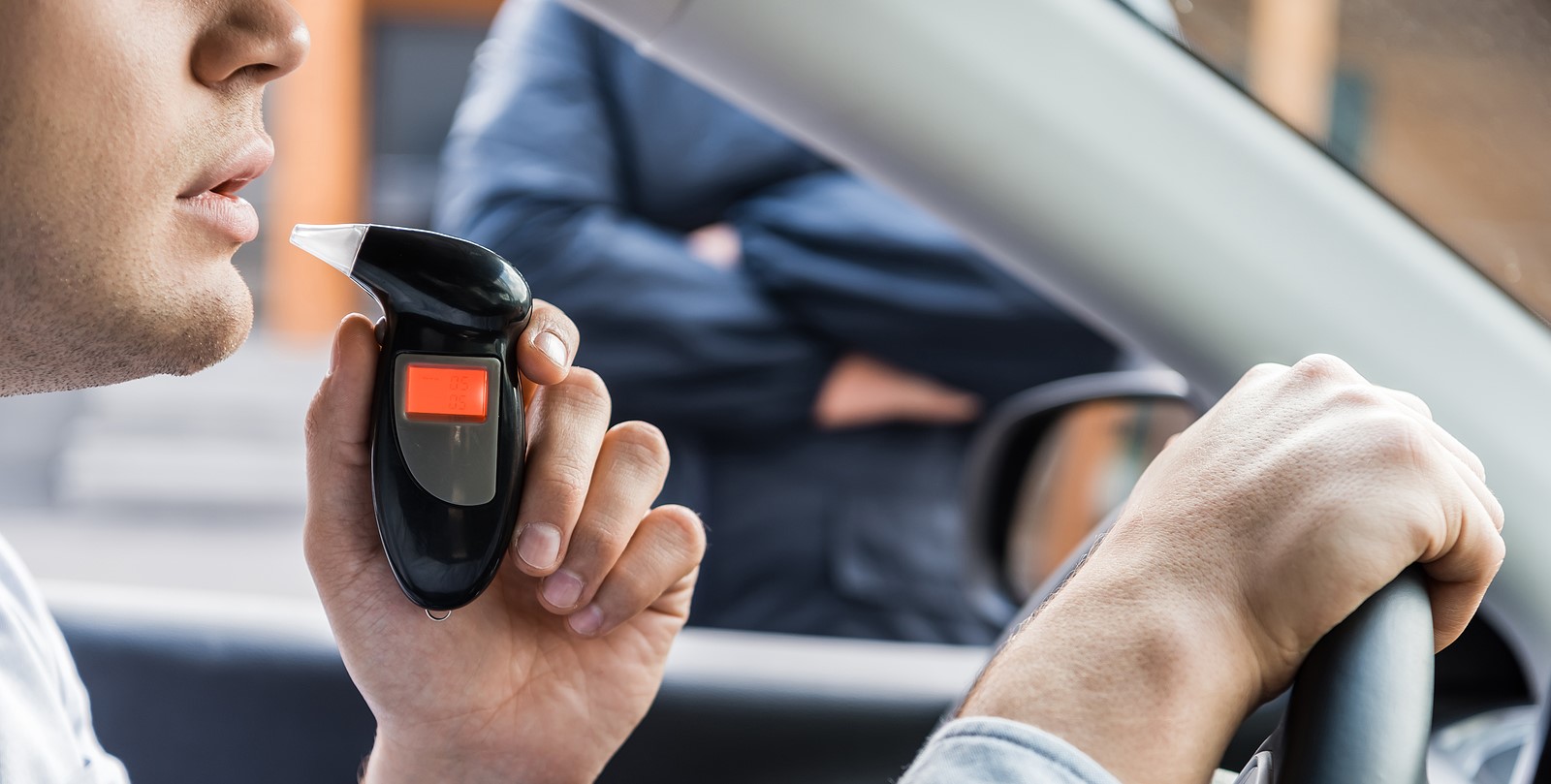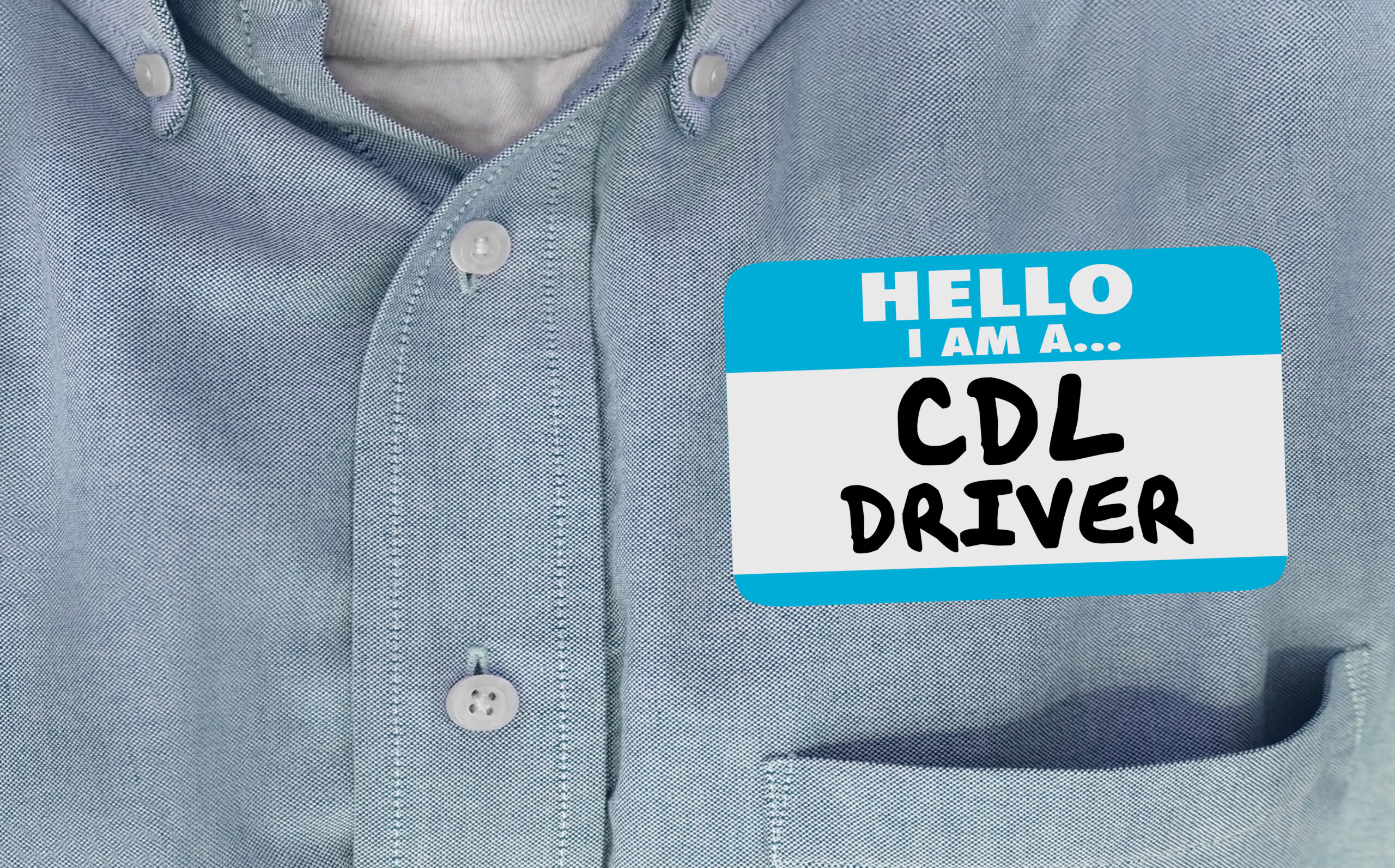Driving under the influence (DUI) is a serious offense with significant legal consequences in San Bernardino and across the United States. Law enforcement relies heavily on breathalyzer tests to determine a driver’s blood alcohol concentration (BAC) and, consequently, their level of impairment.
However, the accuracy and reliability of these tests have been a topic of debate. This article delves into the various factors that can affect the accuracy of breathalyzer tests in San Bernardino DUI cases, the legal implications, and the potential defense strategies that can be employed to challenge these results.
The Science Behind Breathalyzer Tests
How Breathalyzers Work
Breathalyzers are devices designed to estimate BAC from a breath sample. They typically function by measuring the amount of alcohol in the breath and converting it into an approximate BAC. The underlying principle is that alcohol present in the bloodstream is also present in the breath in a predictable ratio.
Types of Breathalyzers
The police use two main types of breathalyzer devices: preliminary breath test (PBT) devices and evidential breath test (EBT) devices. Officers in the field usually use PBT devices to make initial assessments. In contrast, EBT devices are more sophisticated and used at police stations to obtain a higher level of accuracy for evidence that can be presented in court.
Factors Influencing Breathalyzer Accuracy
Several factors can influence the accuracy of breathalyzer readings, including:
Calibration and Maintenance
Regular calibration and maintenance are essential for accurate readings. A poorly maintained device can yield erroneous results.
Operator Error
The operator’s improper use of the test, such as failing to ensure the subject has not consumed anything for a certain period before the test, can affect accuracy.
Environmental Factors
External conditions like temperature and the presence of substances such as acetone can interfere with readings.
Biological Factors
Individual variations, such as the rate of alcohol absorption and the presence of certain medical conditions, can also impact results.
Legal Implications of Breathalyzer Results
The Role of Breathalyzer Results in DUI Cases
Breathalyzer results are often a central piece of evidence in DUI prosecutions. A BAC of 0.08% or higher typically constitutes legal intoxication in most states, including California. Convictions based on these results can lead to severe penalties, including fines, license suspension, and incarceration.
Challenging Breathalyzer Evidence
Given the potential inaccuracies, defense attorneys frequently challenge breathalyzer evidence in DUI cases. Successful challenges can result in reduced charges or even case dismissals. Common grounds for challenging breathalyzer evidence include:
Questioning Device Accuracy
Results may be challenged by demonstrating that the breathalyzer was not properly calibrated or maintained.
Operator Training and Conduct
An effective challenge to the breathalyzer results may be by highlighting potential errors made by the person administering the test.
Biological and Environmental Factors
Presenting evidence that external or individual factors affected the accuracy of the reading can serve as an effective challenge that questions the accuracy of a reading.
Studying Breathalyzer Accuracy
It is vital to emphasize the importance of scrutinizing the methods and devices used in DUI arrests. Studies have highlighted that breathalyzer results are not infallible and can be contested with the right evidence and legal strategy.
For example, one alcohol breathalyzer’s sensitivity of 26% corresponded to false reassurance for almost three out of every four individuals who are over the legal limit according to the reference standard. The sensitivity of the other evaluated devices was 90% or above.
Defense Strategies for Challenging Breathalyzer Accuracy
Technical and Scientific Expertise
Engaging experts who understand the technical aspects of breathalyzers can be crucial. These experts can analyze maintenance records, calibration logs, and the specific circumstances of the test to find inconsistencies or errors.
Reviewing Police Procedures
Thoroughly reviewing the arresting officer’s conduct and adherence to protocols can uncover procedural errors. For instance, if the officer did not observe the driver for the required period before administering the test, the results could be deemed unreliable.
Medical and Biological Defenses
Presenting medical evidence that the driver’s health condition could have skewed the results is another viable strategy. Conditions such as GERD (Gastroesophageal Reflux Disease) or ketosis (common in diabetics) can result in falsely high BAC readings.
Environmental and External Factors
Environmental factors like exposure to certain chemicals or improper storage and handling of the device can also cast doubt on the results of the breathalyzer.
Consult with Legal Experts
Breathalyzer tests, while a common tool in DUI enforcement, are not foolproof. Numerous factors can affect their accuracy, making it essential for defendants to understand their rights and the potential flaws in these tests.
Challenging breathalyzer evidence requires a detailed understanding of both the technical aspects of the devices and the legal precedents governing their use. In San Bernardino, as in other jurisdictions, a successful defense against DUI charges often hinges on the ability to question the reliability of breathalyzer results effectively.
By leveraging expert testimony, scrutinizing police procedures, and presenting relevant medical and environmental evidence, defendants can significantly improve their chances of a favorable outcome.
Don’t try to fight your DUI charges alone. At Patrick Silva, Attorneys at Law, we offer free consultations to review your case and find out if we can help. Schedule a time to meet with our experienced team by calling 909-500-4819 today.




